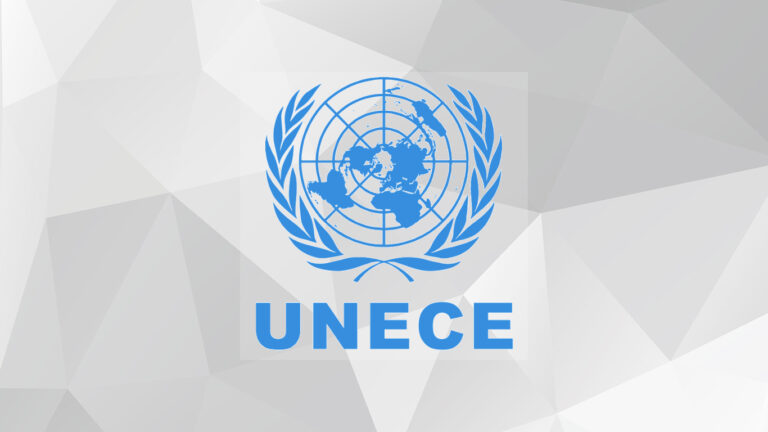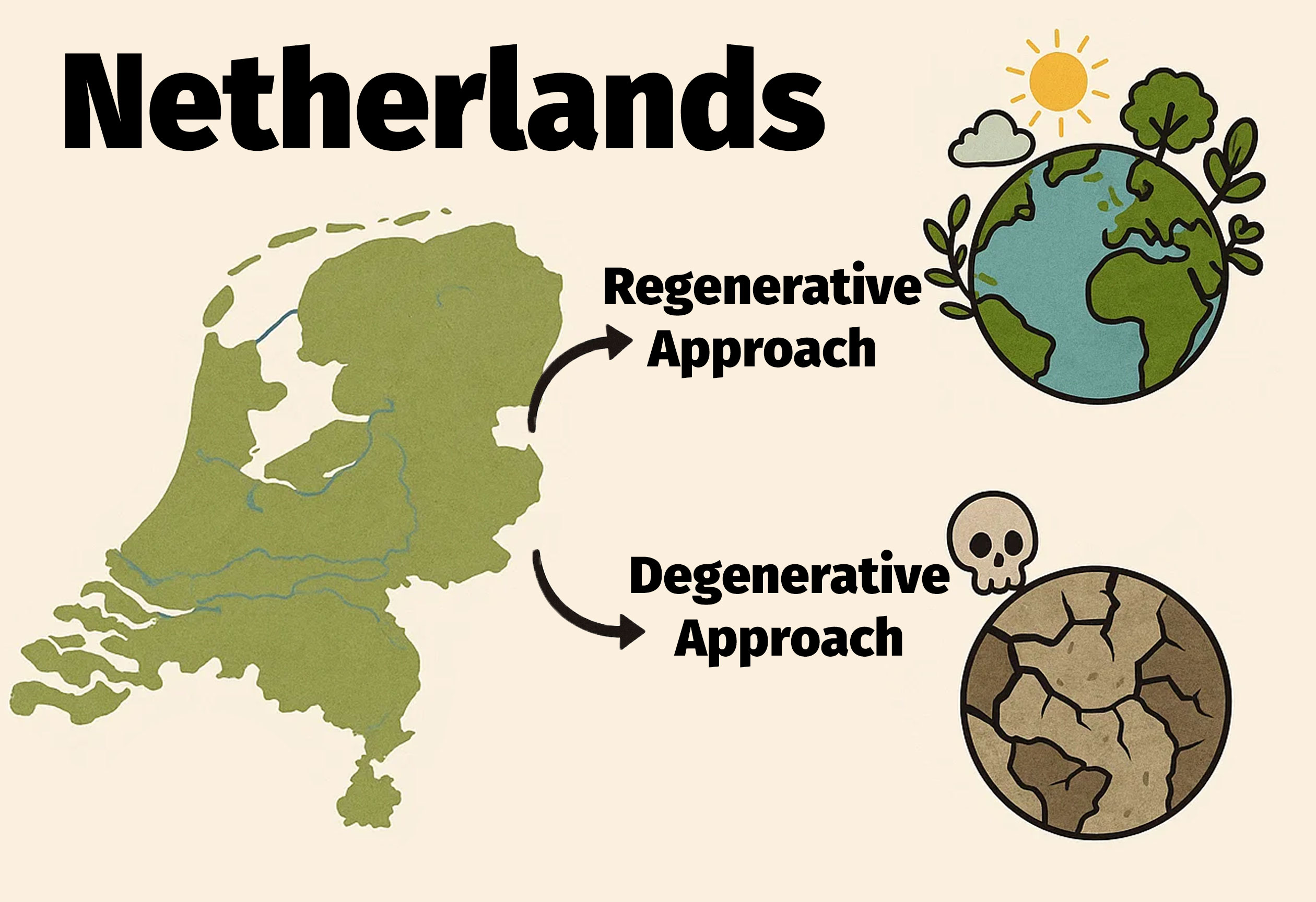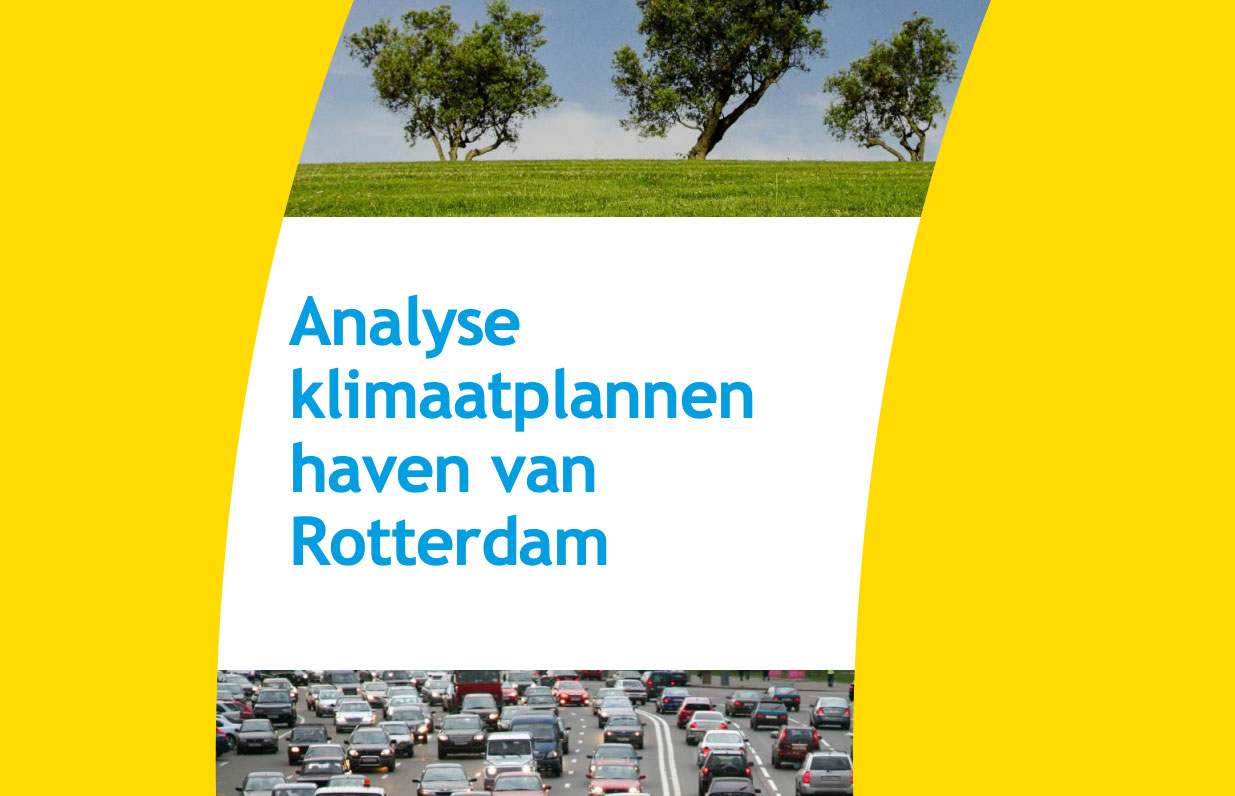
One Planet Port (OPP) is proud to share that we recently contributed expert insights to a United Nations publication on the emerging role of ammonia as an energy carrier. This milestone is part of the ongoing work of the Task Force on Reactive Nitrogen (TFRN) under the UNECE Air Convention.
What Is the Task Force on Reactive Nitrogen (TFRN)?
The TFRN brings together scientists, policymakers, and sustainability experts to reduce nitrogen pollution across Europe and beyond. While nitrogen is essential for life, its inefficient use leads to reactive nitrogen emissions that degrade air quality, pollute water bodies, threaten biodiversity, and intensify climate change.
The task force supports countries in managing these emissions from agriculture, transportation, and now, emerging clean energy technologies.
Why Ammonia Matters for the Future of Clean Energy
Ammonia (NH₃) is already widely used in fertilizer production, but it’s increasingly seen as a low-carbon hydrogen carrier, particularly for shipping and heavy industry.
However, ammonia poses serious environmental and technical risks:
- It is toxic and corrosive.
- Over 99% of ammonia today is made using fossil fuels.
- Emissions from leaks contribute to air pollution and nitrogen deposition.
Still, if produced with renewable electricity via green hydrogen and used under tight regulatory frameworks, ammonia could play a critical role in the global energy transition.
OPP’s Role in the UNECE Ammonia Report
Dr. Lucy Gilliam and Tanner Tuttle from OPP were invited to contribute to the UNECE informative document on ammonia, offering insights rooted in port emissions management and international sustainability policy.
Read the document:
Ammonia as an Energy Carrier – Informative Document (May 2025)
Our contributions emphasized real-world applications, emissions trade-offs, and the importance of governance when introducing ammonia into clean port infrastructure.
What Are “Informative Documents” in the UN System?
Within the UN system, informative documents are used to:
- Share cutting-edge research and expert knowledge
- Clarify complex or emerging topics
- Inform policy discussions without prescribing specific actions
They are frequently referenced in international negotiations, technical expert groups, and NGO advocacy, helping to shape future environmental agreements and climate strategies.
Why This Matters: Ports, Policy & the Planet
This collaboration strengthens OPP’s role as a bridge between local action in ports like Rotterdam and global sustainability policy. It also reflects our mission to:
“Keep the Port of Rotterdam’s pollution within safe planetary boundaries by co-creating and co-building evidence-based transition pathways to clean, just, and regenerative ports worldwide.”
Interested in partnering or learning more? Get in touch with us.


